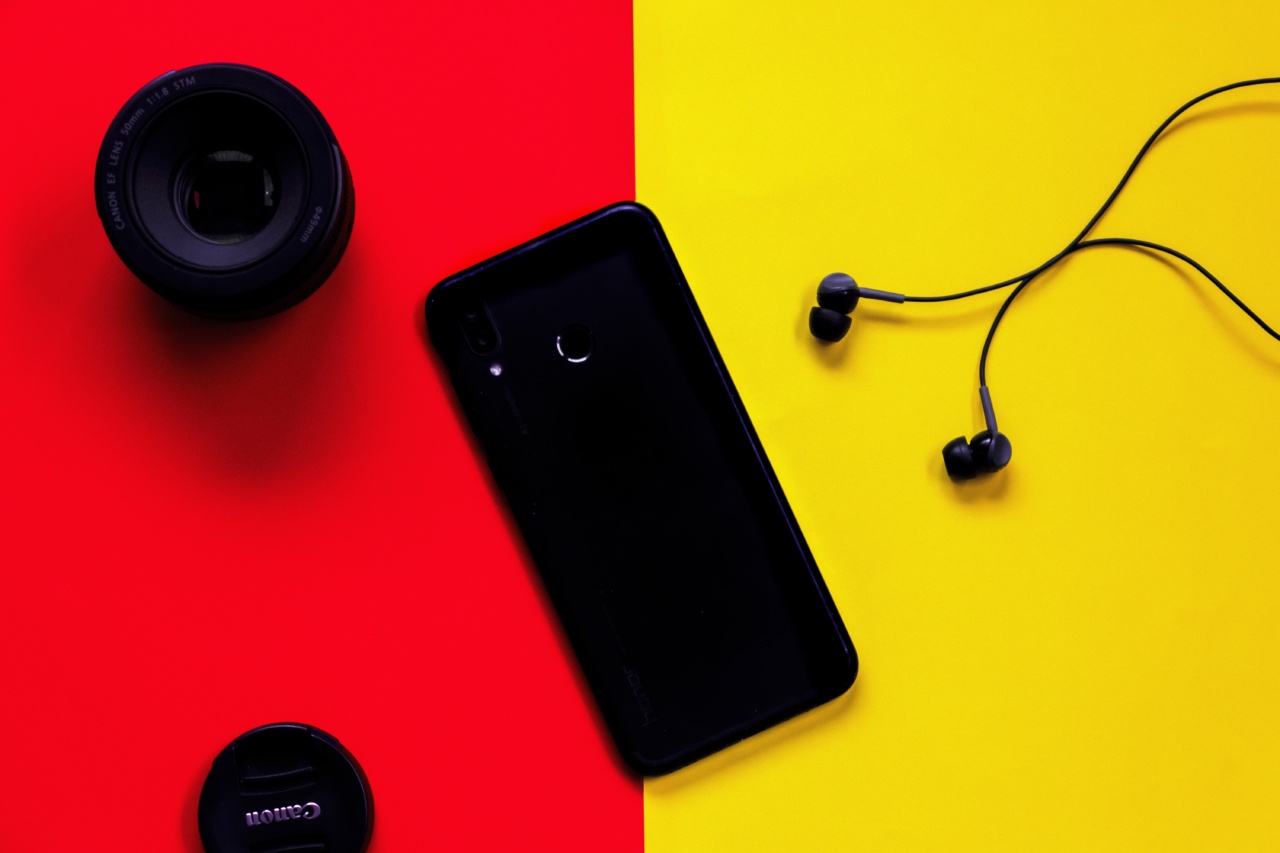In today’s digital age, smartphones have become an integral part of our lives. We rely on them for communication, entertainment, and information.
However, excessive use of smartphones can lead to addiction, impacting our mental and physical well-being. If you find yourself constantly glued to your smartphone, unable to go a few minutes without checking it, and neglecting other important aspects of life, then it’s time to recognize the red flags of smartphone addiction.
1. Constant Distraction
Do you find it increasingly difficult to focus on tasks without constantly reaching for your smartphone? If your ability to concentrate has significantly decreased due to smartphone distraction, it could be a red flag.
Constant interruptions from notifications, social media updates, and messages prevent you from being present in the moment and engaging effectively in your daily activities.
2. Neglecting Face-to-Face Interactions
Social interactions are a crucial part of human well-being, yet smartphone addiction can lead to a decline in face-to-face interactions.
If you find yourself preferring virtual conversations over real-life interactions and often choose to spend time on your smartphone rather than connecting with friends and family, it may be a sign of addiction.
3. Increased Screen Time
Do you spend hours mindlessly scrolling through social media feeds or playing games on your smartphone? Excessive screen time can negatively impact your physical health and well-being.
If you can’t resist the urge to constantly check your phone and your screen time has significantly increased, it’s a clear indication that you’re addicted to your smartphone.
4. Relationship Strain
Smartphone addiction can strain relationships with your loved ones. Constantly being engrossed in your phone can make your partner or friends feel neglected and unimportant.
If your loved ones complain about your excessive phone use, or if you find it difficult to prioritize personal interactions over virtual ones, it’s time to evaluate your smartphone habits.
5. Sleep Disturbances
Using smartphones before bed can interfere with your sleep patterns. The blue light emitted by smartphones inhibits the production of melatonin, the hormone responsible for regulating sleep.
If you find it hard to fall asleep or experience disturbed sleep because you’re always on your phone, it’s a red flag that your smartphone use is negatively affecting your sleep hygiene.
6. Heightened Anxiety and Restlessness
Constantly checking your smartphone and experiencing anxiety or restlessness when separated from it are common signs of addiction. The fear of missing out (FOMO) and the constant need to be connected can exacerbate anxiety levels and make you restless.
If the thought of being away from your smartphone causes you distress, it’s time to take a step back and reevaluate your relationship with it.
7. Deteriorating Productivity
Smartphone addiction can significantly impact your productivity. Excessive use of social media and other smartphone applications can result in decreased focus, procrastination, and missed deadlines.
If your work or academic performances have been suffering due to spending excessive time on your smartphone, it’s a clear indicator of addiction that needs to be addressed.
8. Physical Health Issues
Physical health problems can also arise from smartphone addiction. Poor posture from constantly hunching over your phone screen can lead to back and neck pain.
Eyestrain, headaches, and disrupted sleep patterns are common consequences of excessive smartphone use. If you’re experiencing these physical symptoms, it’s crucial to recognize that your smartphone addiction is negatively affecting your overall well-being.
9. Constant Need for Validation
Smartphone addiction can create a constant need for external validation. The consistent desire for likes, comments, and messages on social media platforms can negatively impact self-esteem and self-worth.
If you feel a sense of inadequacy or low self-esteem when you don’t receive enough online validation, it’s a red flag that your smartphone use is becoming unhealthy.
10. Difficulty Disconnecting
The final red flag of smartphone addiction is the inability to disconnect. If you find it extremely challenging to turn off your smartphone or go on a digital detox, even for a short period, it indicates a psychological dependence on your device.
Being unable to detach from your smartphone can have severe consequences on your mental well-being.































